Post-Covid,Early teens in the city have become addicted to marijuana,
Fri 01 Oct 2021, 22:55:22
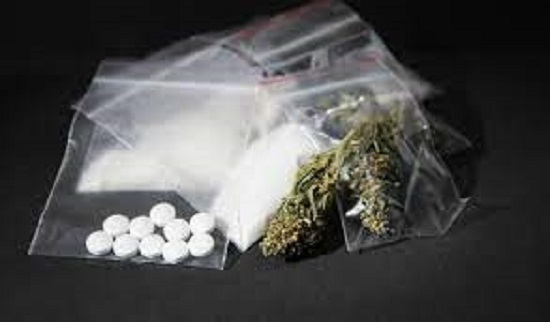
Early teens in the city have become addicted to marijuana, especially since the pandemic broke out.
Earlier, those in the 18-40 years age-group were among most addicted to drugs. However, things have changed drastically and today even 12 to 13-year-olds are getting addicted to marijuana and all available narcotics. It has been to such extremely alarming lengths that many of them have been admitted to rehabilitation centres, according to data collected from several psychiatrists and psychologists working in various rehab hospitals.
During the pandemic, children had easy access to phones and money, which helped them procure the banned substances easily. Not only are narcotics delivered in boxes at the doorstep, but they are also easily available at several pan shops. In fact, there is a WhatsApp group that regularly buys and supplies drugs, said Dr Virinchi Sharma, consultant psychiatrist at a rehab hospital in the city.
He added that smoking marijuana kills one's motivation levels and takes the individual away from reality.
"The chemicals affect the brain when a person is intoxicated with drugs. When we guide the youngsters to meditate and do things that make them happy while avoiding drugs, they argue that it is herbal and legal in foreign countries and should be in India too."
There have been many cases of drug addiction during lockdown as the youngsters could not lie to their parents due to severe addiction. Those who did not have an easy access to money ended up selling valuable things from their house or started stealing, said sources working in various rehab hospitals.
Rachel Nandi, clinical psychologist said that she has
dealt with drug addiction cases and observed that boys were more in number.
dealt with drug addiction cases and observed that boys were more in number.
"Youngsters are cunning and they purchase more than the prescribed quantity of medicine from different medical stores and take a high dosage for that trippy feeling. Those who are suffering from insomnia, anxiety and such issues are prescribed certain medicines that help them calm down and sleep. But the addicts take thrice the dose of prescribed medication without being caught by the police,' she said.
Dr Virinchi added there are now multiple narcotics that are very challenging for the doctors to treat. "Earlier we had to majorly deal with addiction cases that were related to alcohol and nicotine, now with various narcotics, our job has become challenging especially with those who try to escape rehabilitation," he said.
Doctors follow several treatments to treat drug addicts. Dr Virinchi said that there are two major ways of treating such cases: Detoxification, where the patient is given similar chemicals which are safe for the body for a week or 14 days; and de-addiction where the psychological condition is known where we get to know the real illness if any and accordingly proceed with the treatments.
Those who need counselling therapy because of depression are guided by certain treatments and others with other psychological issues are guided by suitable therapy treatments. These treatments cost around Rs 45,000 to Rs 70,000 in hospitals.
Rachel Nandi said that she takes up a group counselling session where she guides around 20 people together and educates them regarding side-effects of drugs and their criminal consequences, including life imprisonment.
No Comments For This Post, Be first to write a Comment.
Most viewed from Hyderabad
Most viewed from World
AIMIM News
Latest Urdu News
Most Viewed
May 26, 2020
Can Lionel Messi's visit boost Indian football?
Latest Videos View All
Like Us
Home
About Us
Advertise With Us
All Polls
Epaper Archives
Privacy Policy
Contact Us
Download Etemaad App
© 2025 Etemaad Daily News, All Rights Reserved.

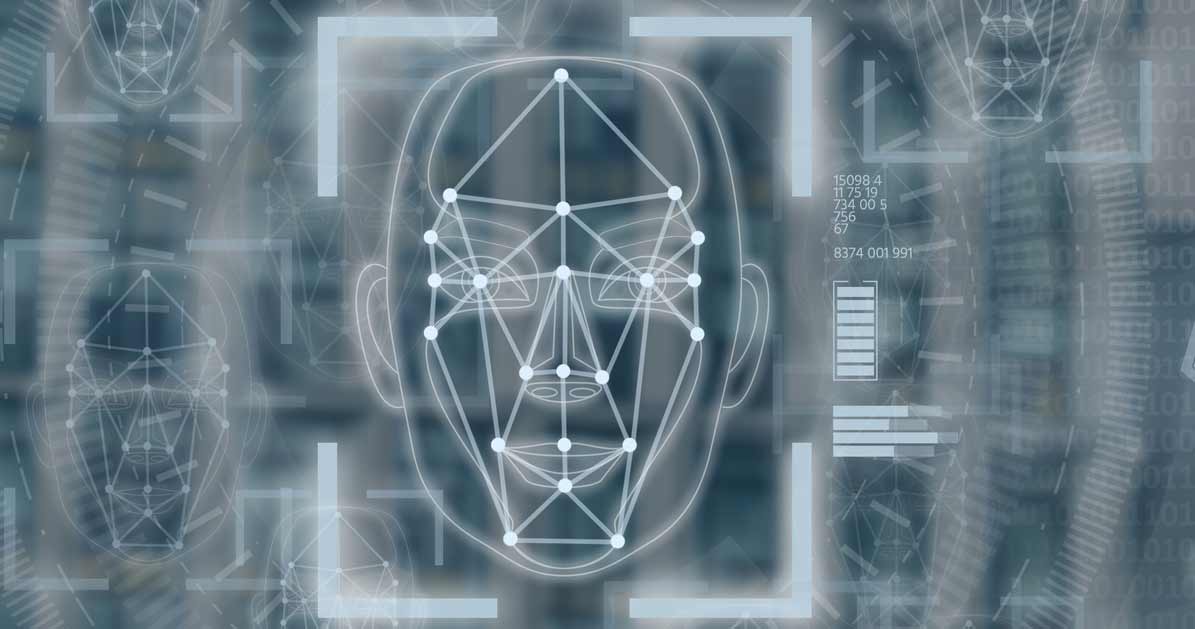
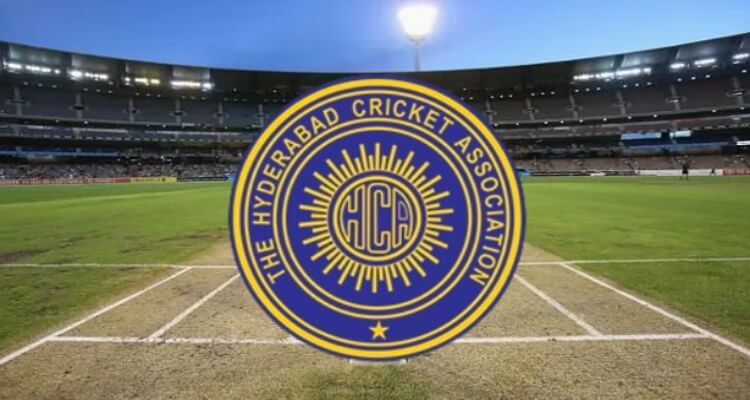
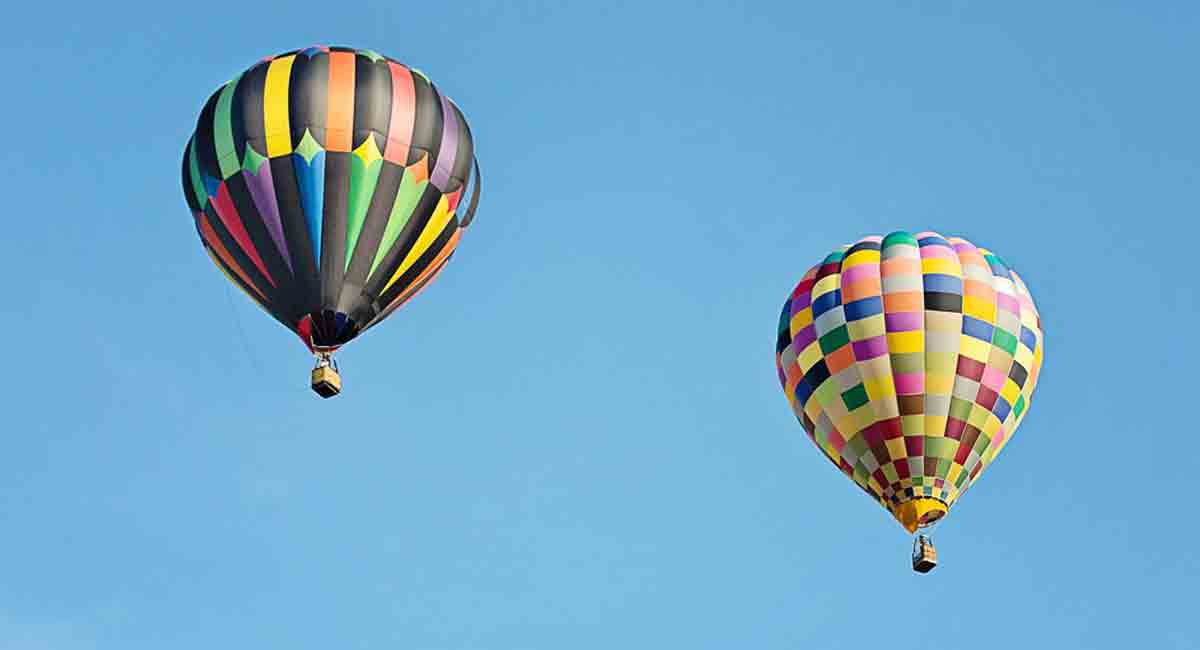
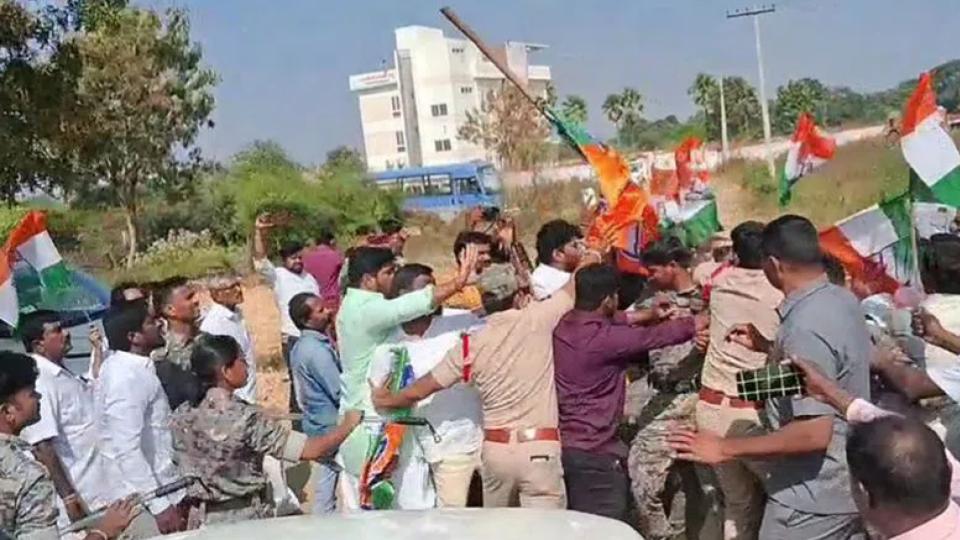
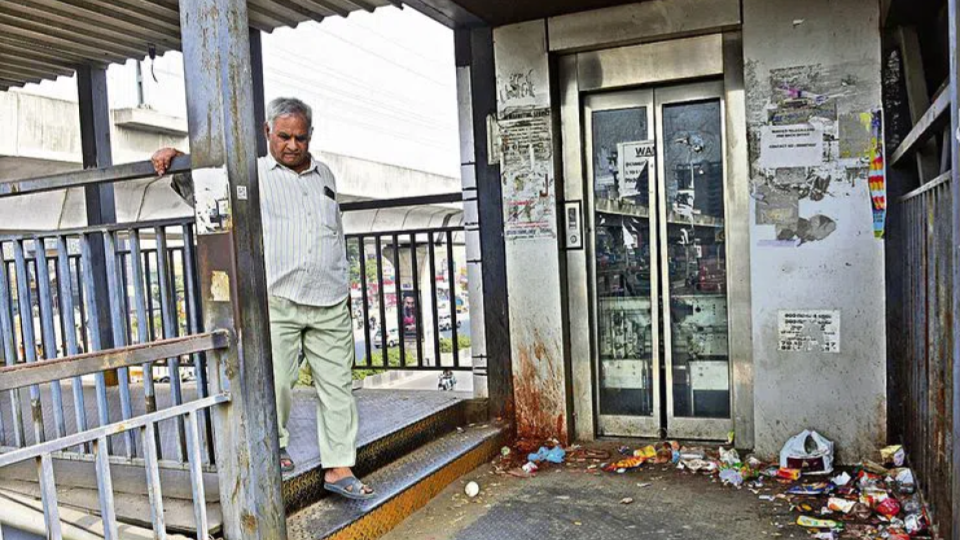
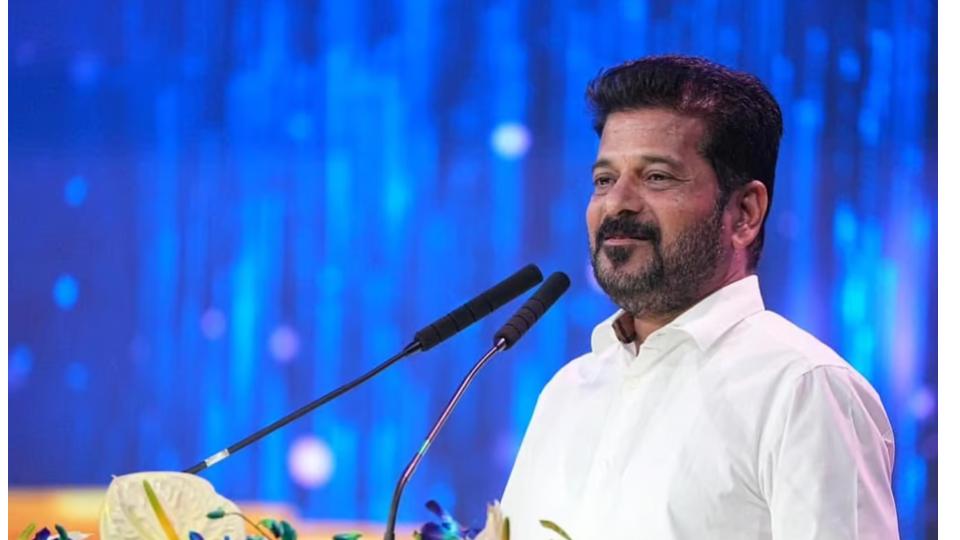
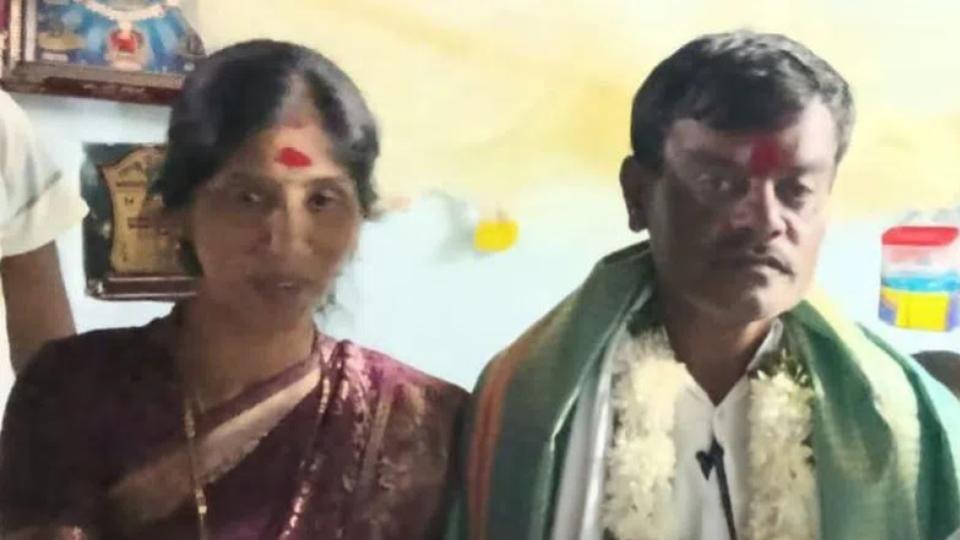
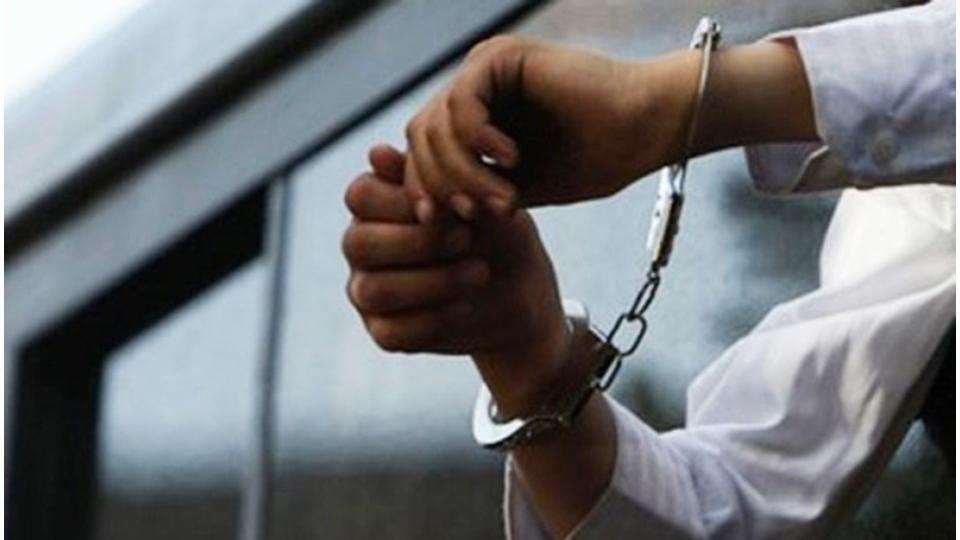
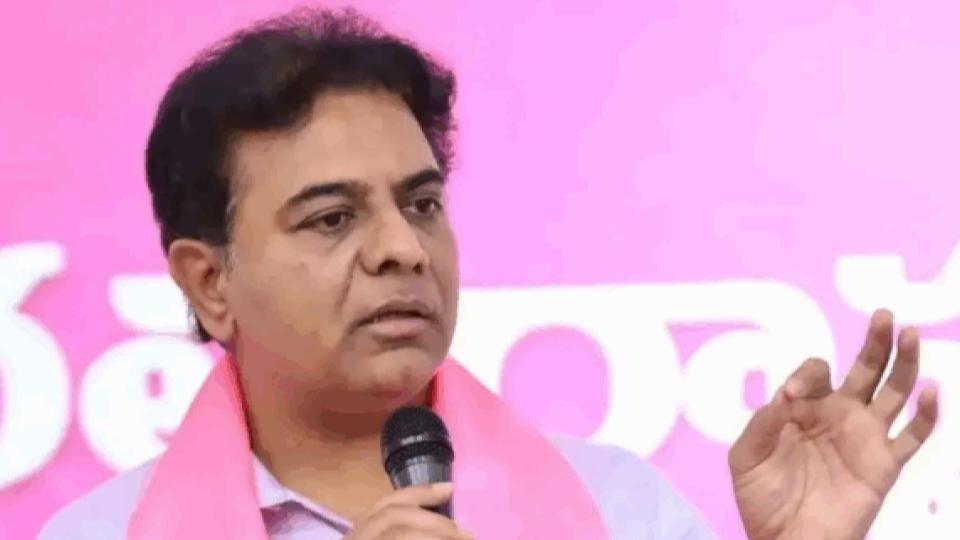
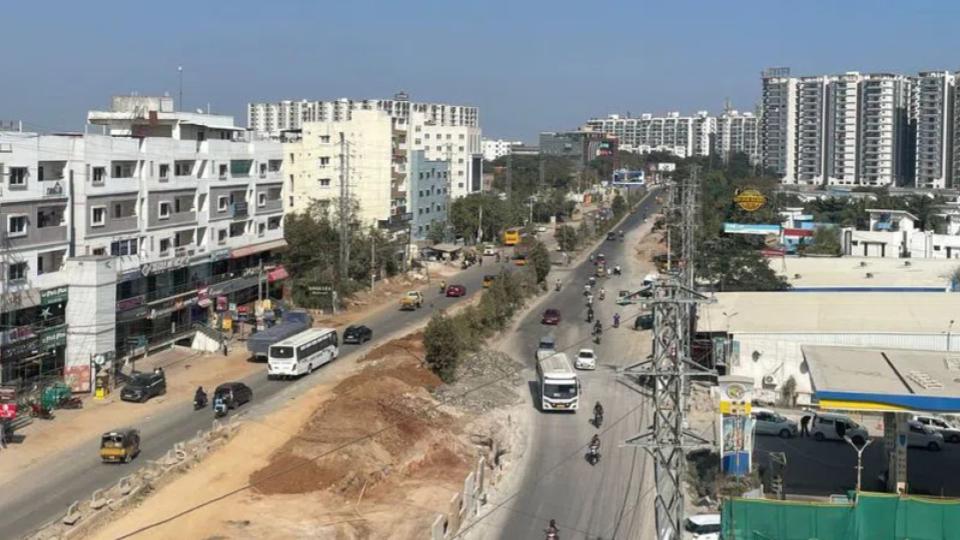
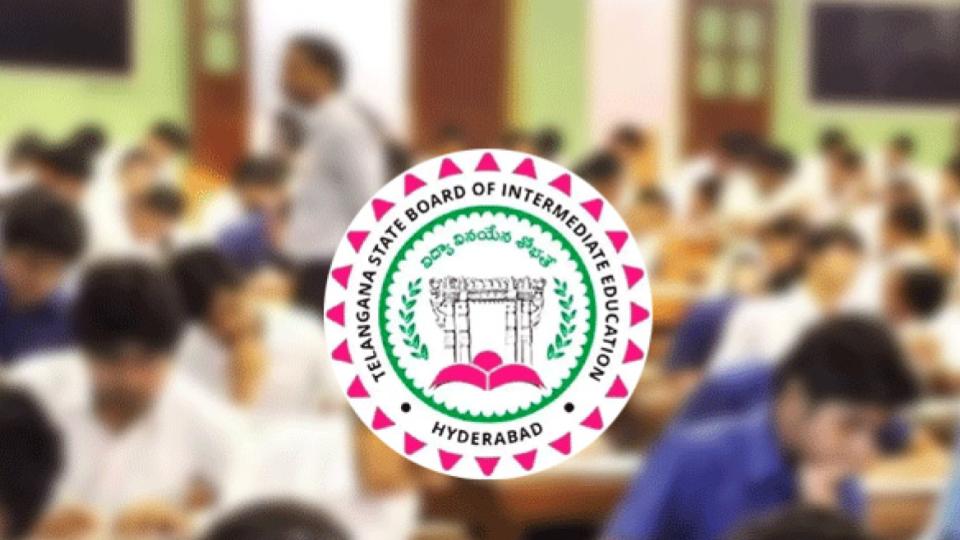

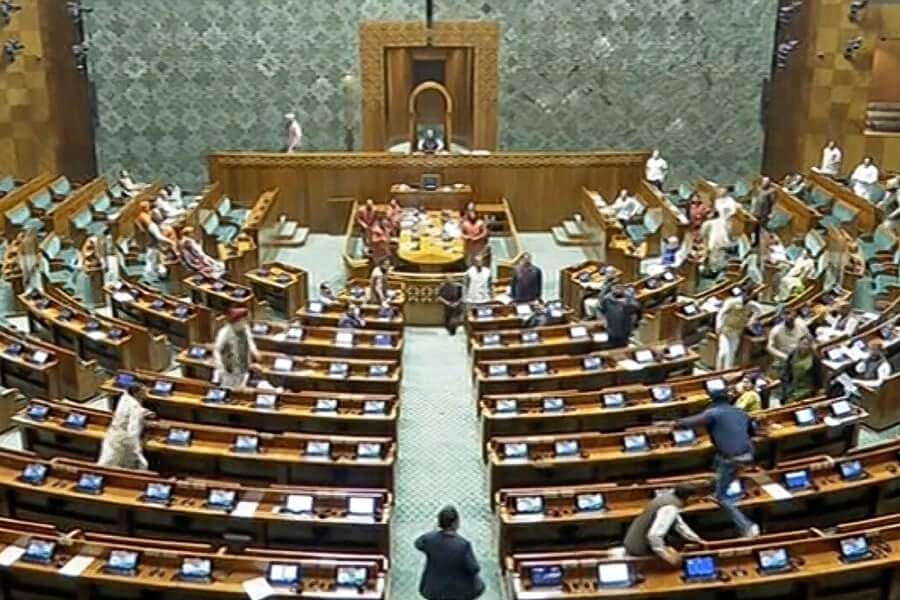
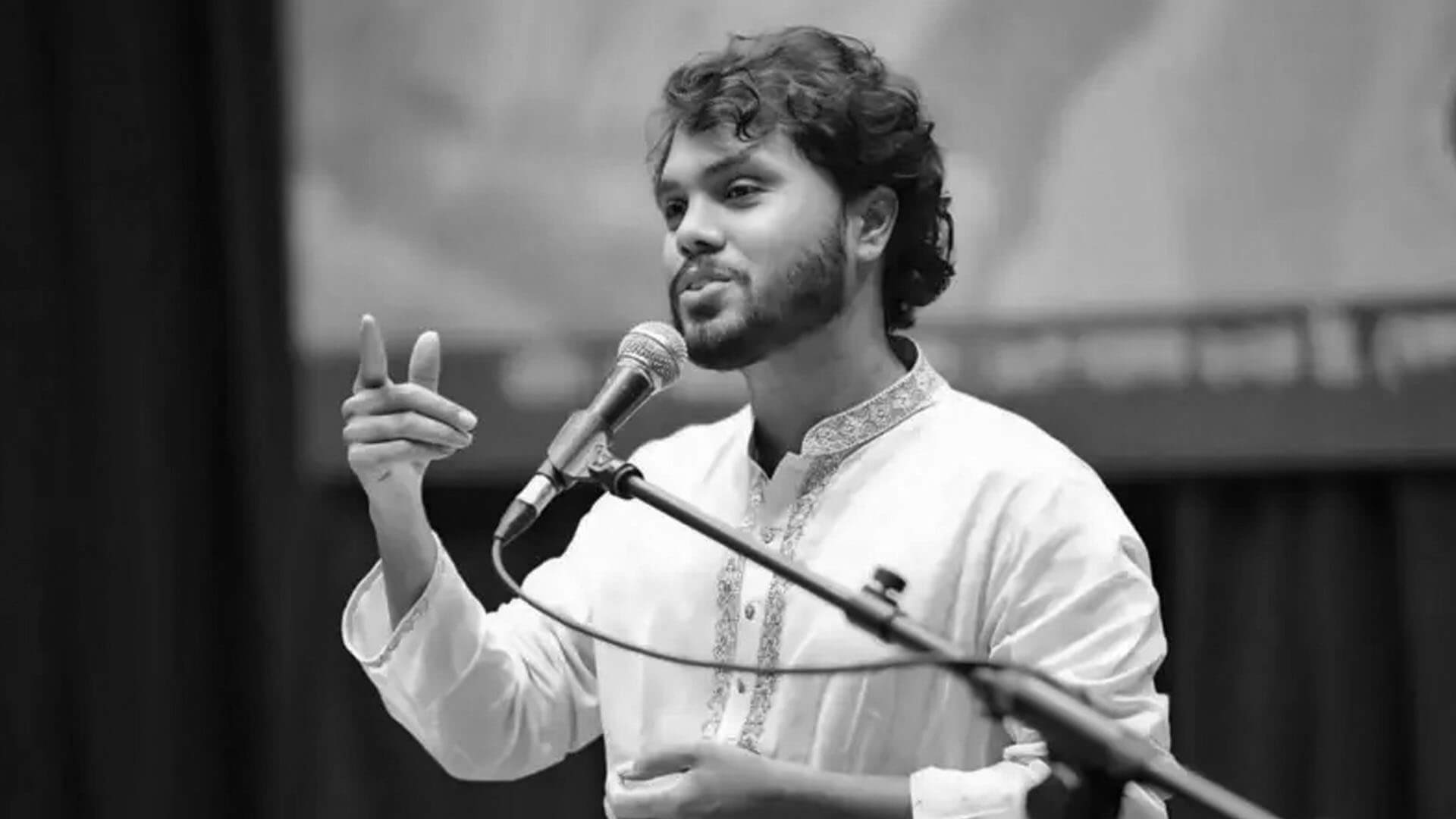
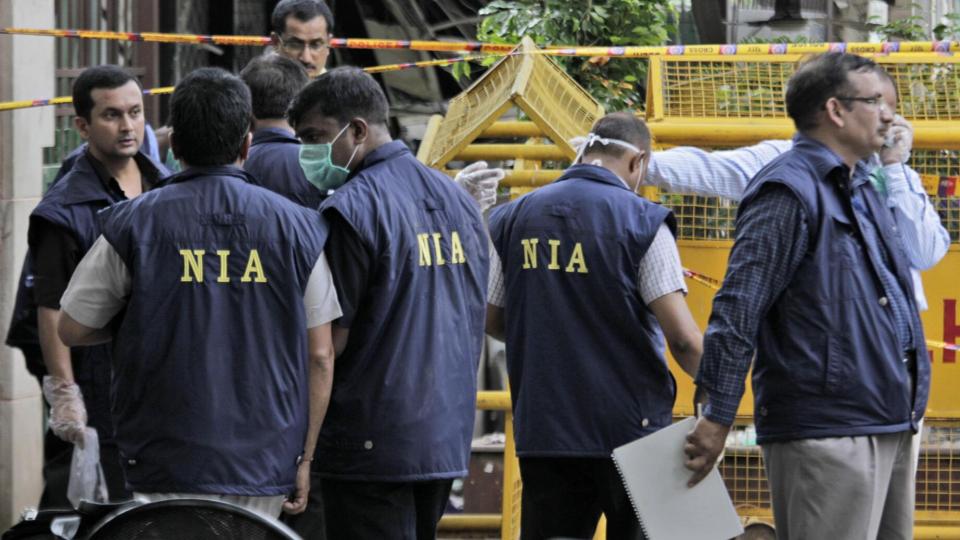
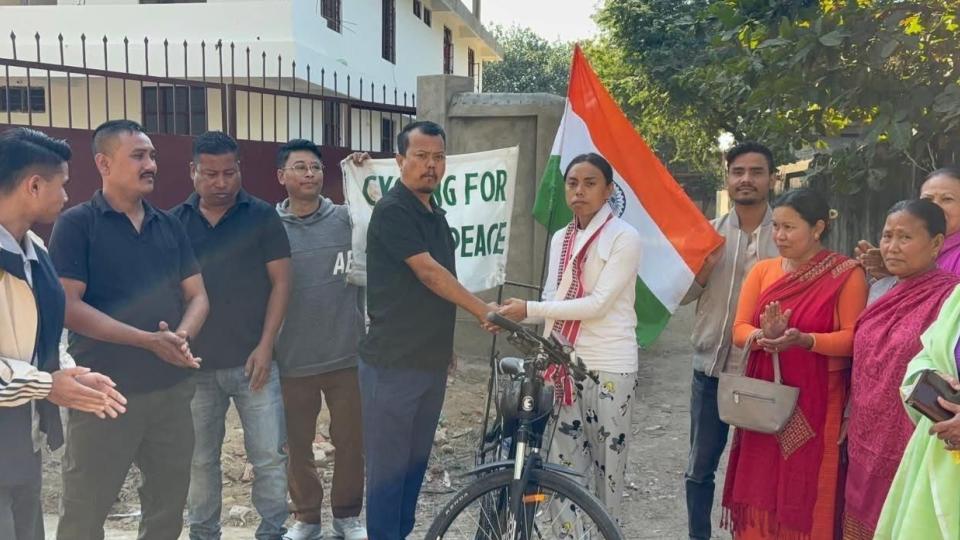
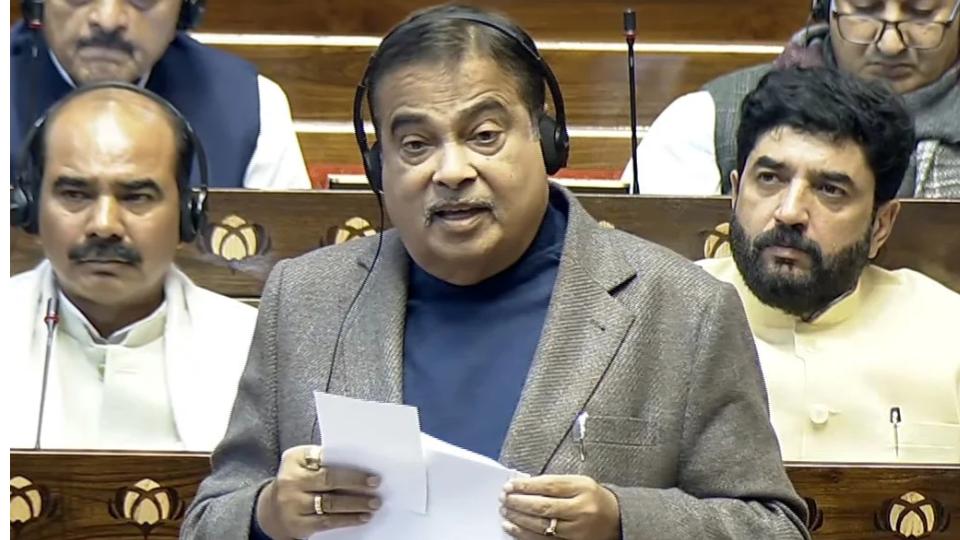
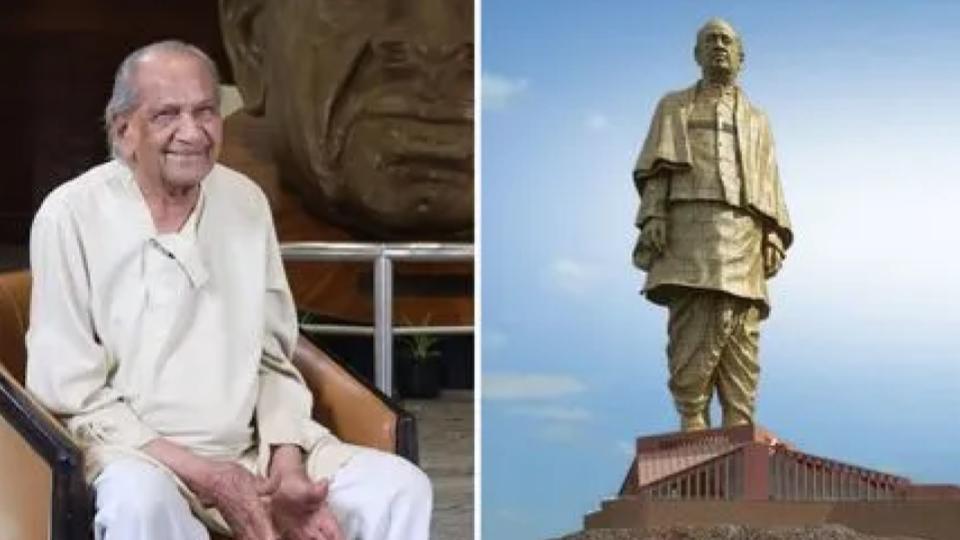
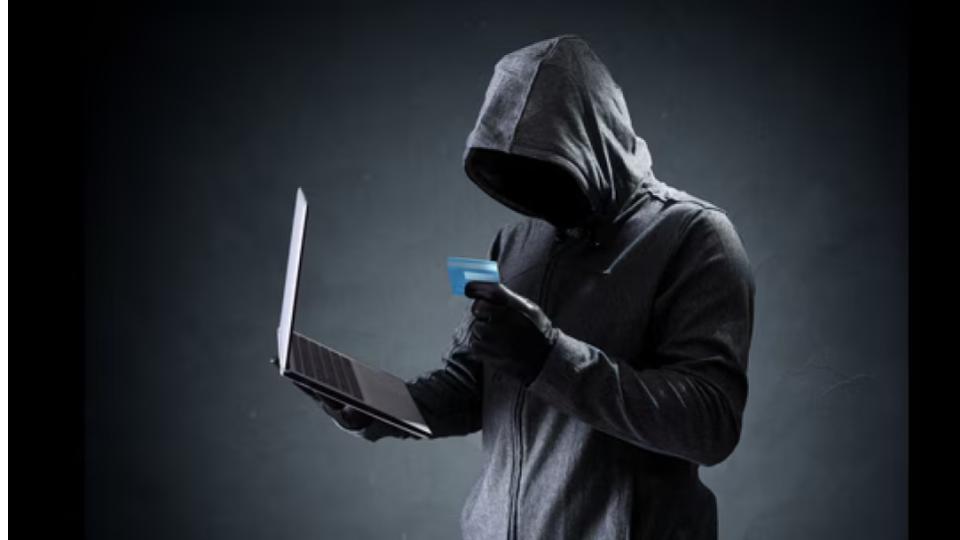
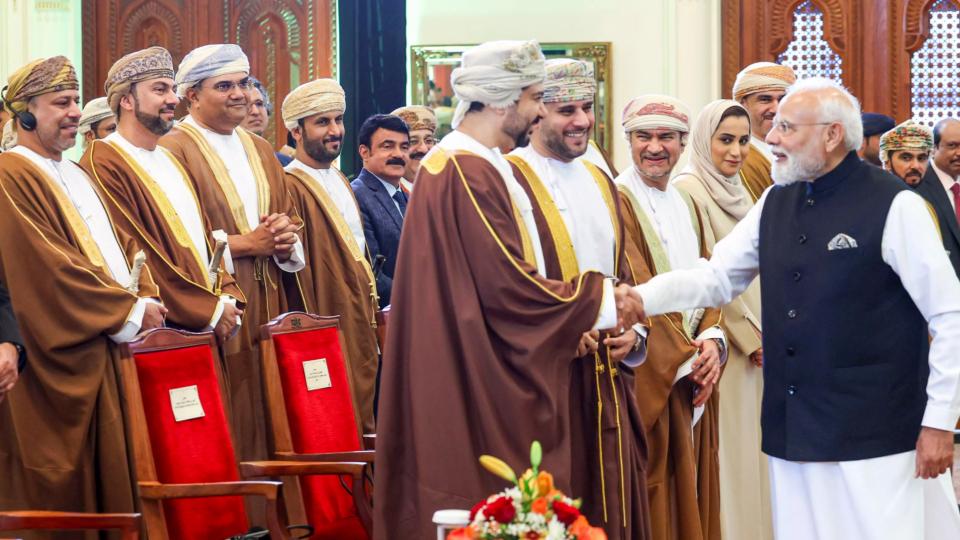
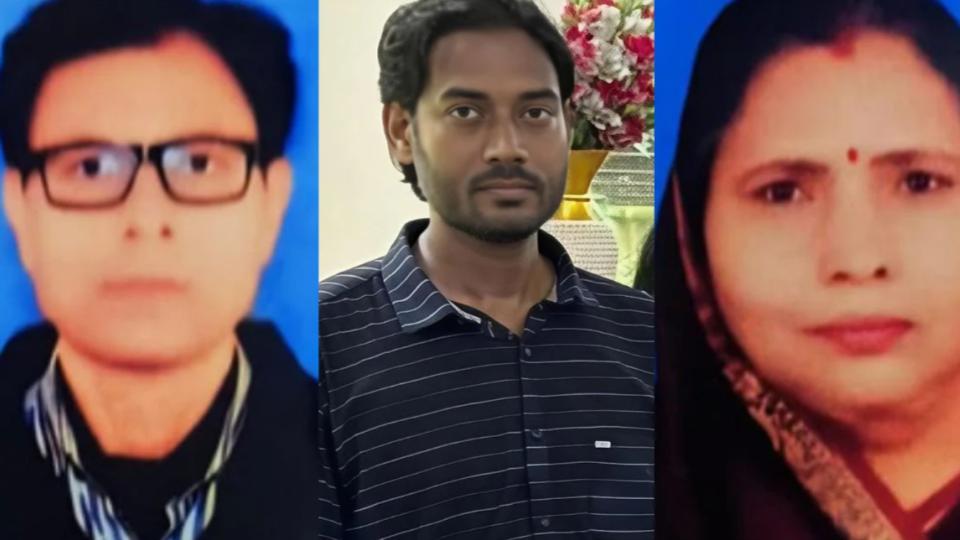
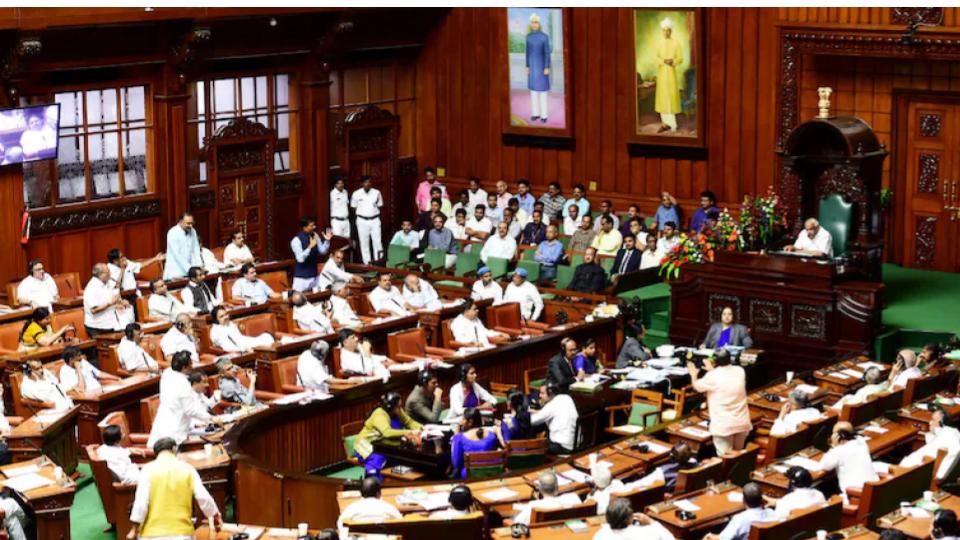
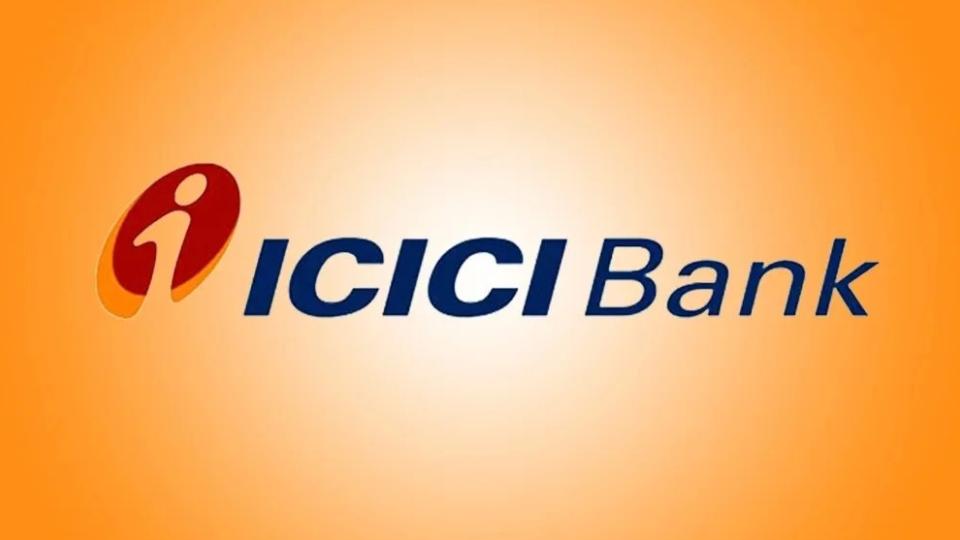
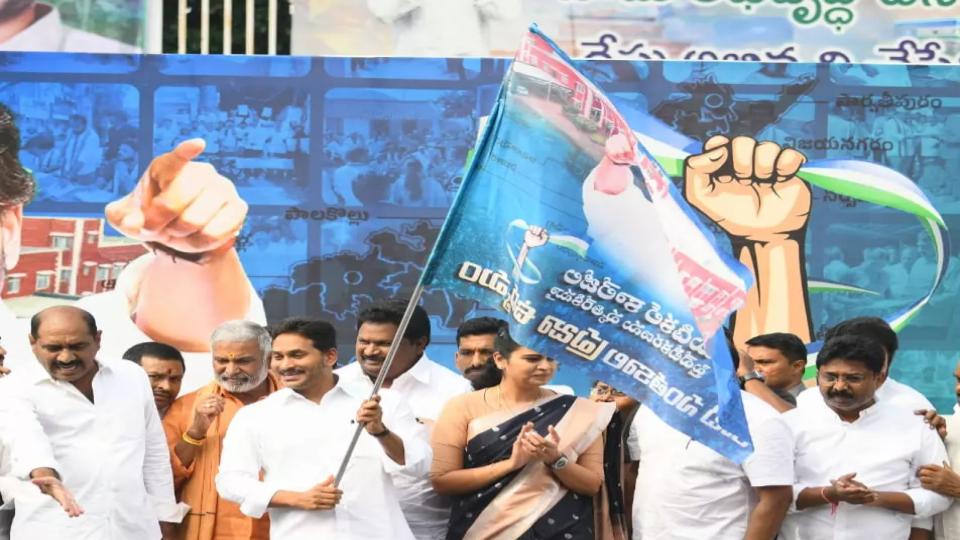











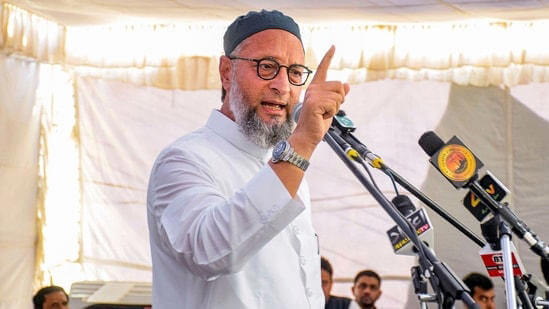
.jpg)
.jpg)
.jpg)


